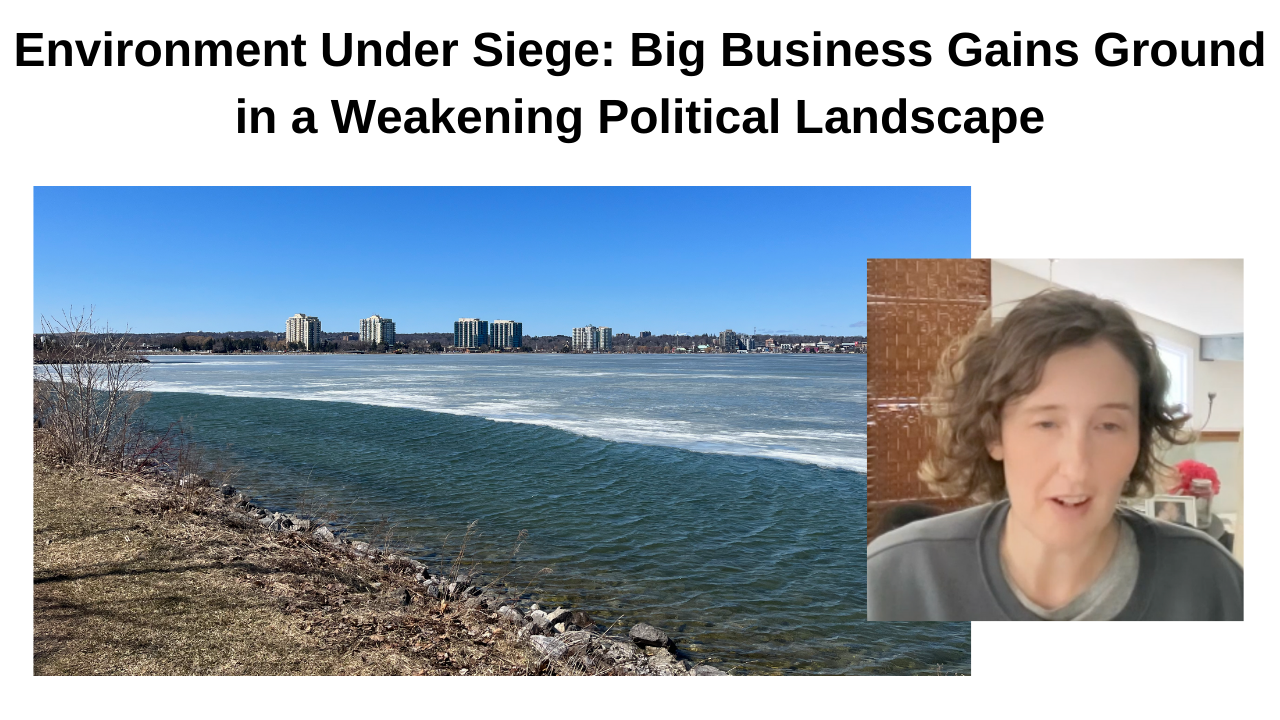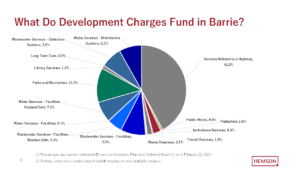Amidst growing concerns surrounding Canada’s environmental practices, the controversy surrounding the highway and Greenbelt lands has stirred public debate, highlighting broader issues within Canadian democracy.
We talked to Margaret Prophet, executive director of Simcoe County Greenbelt Coalition, to shed light on this contentious topic.
She raised deep concerns over the Bradford Bypass in an insightful interview. The bypass, extending from Highway 400 to Highway 404, not only threatens Lake Simcoe but also pierces through the heart of the Holland Marsh wetland. This wetland holds significance, feeding directly into Lake Simcoe.
Prophet questioned the province’s rush into the project without a comprehensive public consultation process. She highlighted how the bypass’s soaring costs could hit an alarming $4 billion, amounting to $250 million per kilometer for a mere 16 kilometers.
Moreover, Prophet cited the Ministry of Transportation’s own study, which warned about groundwater contamination and a spike in air pollution. This is especially concerning as the studies underlying the project date back to 1998. She criticized the provincial government for cutting corners in its environmental assessments, accusing it of “making a mockery” of the process.
Several municipalities voiced their concerns over the bypass, though the province appeared to largely sidestep their apprehensions. Barrie, being the largest city based on Lake Simcoe, has been especially criticized for its apparent lack of stewardship over the lake’s health. Prophet stressed that Lake Simcoe’s wellbeing isn’t just a matter of environmental concern but is crucial to the local economy.
An alarming trend Prophet pointed out is the province’s inclination towards serving the interests of a few, often to the detriment of the many. This raises questions over the health of democracy in the region, especially when pressing environmental issues and public interests are sidelined for private gains. The Bradford Bypass, she suggests, seems more a manifestation of political interests than an informed, public-spirited decision.
As Prophet puts it, these moves don’t reflect a “government for the people”. It’s a clarion call for the public to be more informed, more vocal, and demand transparency in decisions that impact both their democratic rights and the environment.



